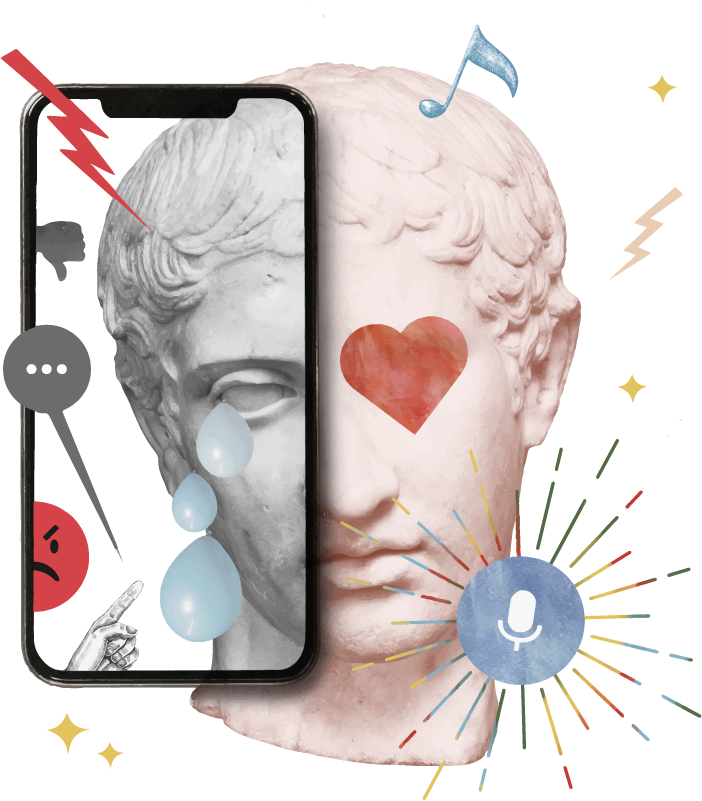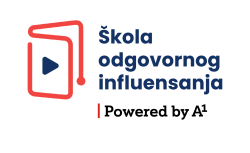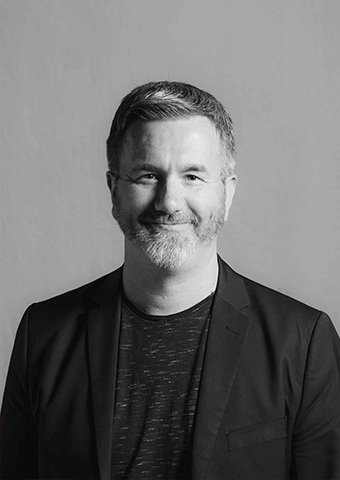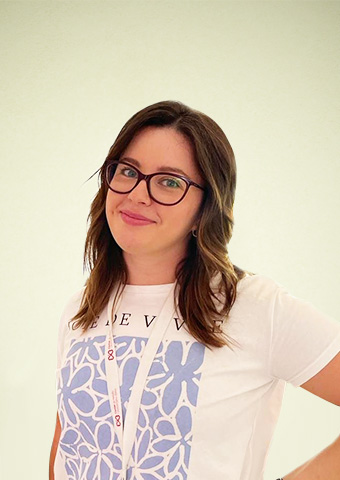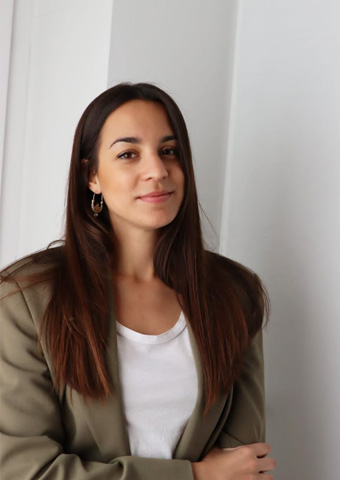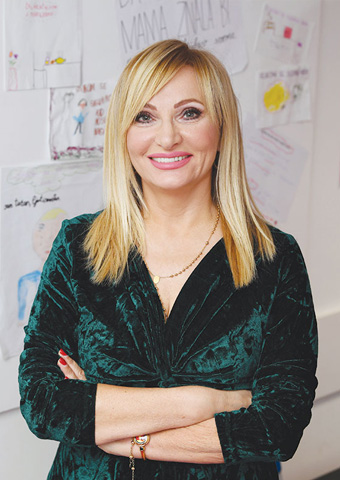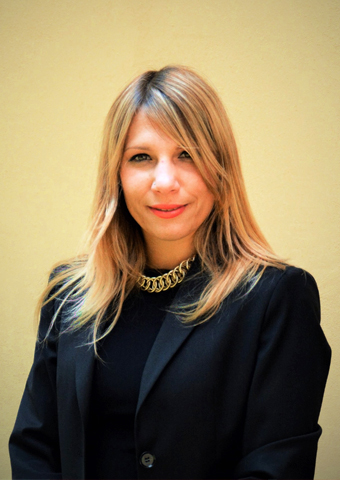#Influensaj
odgovorno
The School of Responsible Influencing
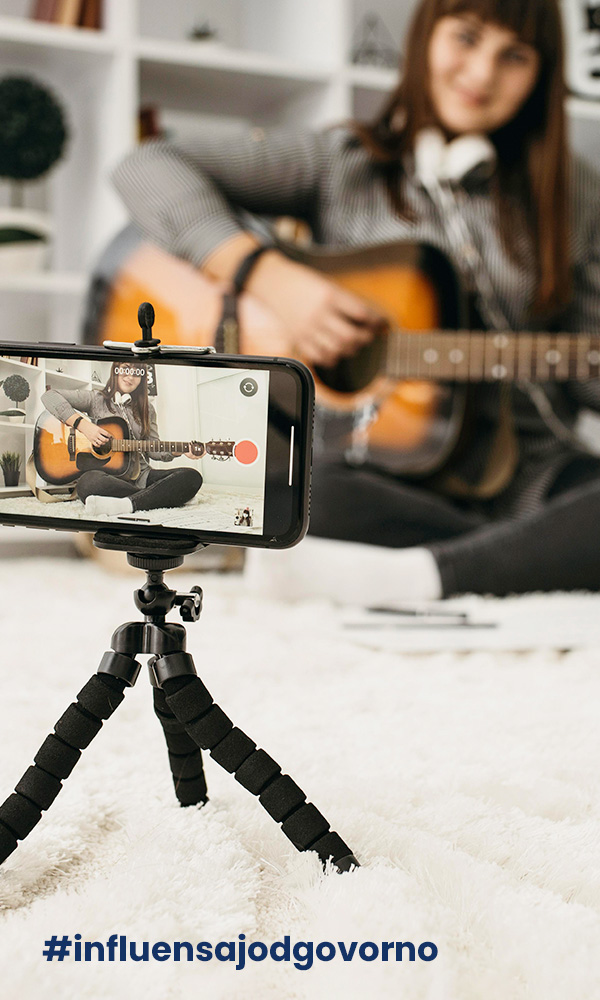
The rapid proliferation of information and communication technologies is an unstoppable force infiltrating nearly every aspect of modern life—from the economy and society to culture and shaping our everyday lives. For children and young people today, life without the internet is unimaginable, and they are under the strong influence of the content they encounter online on a daily basis.
While the ever-available entertaining and informative content offers countless benefits, many content creators remain unaware of its potential negative impacts on the psychological well-being of their followers. Children and young people often view individual content creators as role models, seeking advice from them on handling various situations, sharing personal struggles like experiences of violence, and more. This has highlighted a need for additional education for content creators in this area.
To address this, the Safer Internet Centre, supported by its longstanding partner A1 Croatia, has launched the School of Responsible Influencing.
The goal of this online school is to raise awareness among influencers and content creators about the importance of responsible online behaviour. It aims to raise awareness of the importance of recognizing and reporting inappropriate content online, to teach the proper methods of reporting, and to emphasize the value of creating positive online content that fosters constructive influence.
The school is primarily designed for influencers and content creators with audiences of children and young people. However, it is also open to anyone interested in learning something new and becoming part of the change towards #ResponsibleInfluencing.
The School of Responsible Influencing is a digital platform where registered participants can access six educational modules focused on internet safety. After each module, participants complete a test consisting of 5–10 questions related to the module’s content.
Upon completing all six modules and successfully passing the tests, participants will receive a Certificate of Responsible Influencing issued by the Safer Internet Centre.
List of Modules
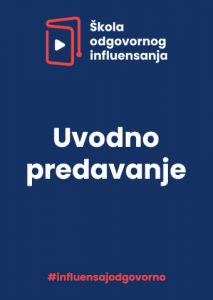
Martina Nikolić, MA in Psychology.
Ana Veočić, MA in Social Work
This brief introductory module provides an overview of the motivation behind launching the School of Responsible Influencing. The lecturers will introduce the concept of responsible influencing, explain the principles guiding this initiative, and most importantly—outline the steps to earning the certificate.
Buckle up, we’re about to take off!
Martina Nikolić, MA in Psychology
This module explores how children’s understanding of media content evolves with age and offers guidelines on age-appropriate screen use. You’ll gain expert insights on the importance of responsibly creating media content for children and young people. The session also examines both positive and negative examples of online content creation.
At the end of the module, you’ll receive recommendations for crafting content suitable for young audiences.
Tomislav Levak, MA in Culture Studies
This module covers the broader topic of media and its use, with a particular focus on children and youth. You will gain insight into the significance of influencers in young people’s lives and their influence on children’s development.
Special attention will be given to the portrayal of beauty standards in the media. You’ll also receive tips on how to create content appropriate for children and young people.
Ana Veočić, MA in Social Work
In this module, you will explore the various methods and forms of cyberbullying and its prevalence. You will learn how to identify signs indicating a child may be a victim or perpetrator of cyberbullying, and understand why some children engage in such behaviour.
By the end of this module, you will receive practical recommendations on how influencers can help stop hate speech, why it is crucial to address cyberbullying, and where to seek help or support.
PROFESSOR Gordana Buljan Flander, PhD.
Violence—both cyber and other forms—is unfortunately widespread among children and youth. This module will explain the impact of violence on children’s mental health and why victims often disclose their experiences only years later. You will also learn about grooming (the process of luring a child) and how to recognize it.
Practical guidelines will be provided on how to respond effectively and appropriately when a child or young person confides in you about being a victim.
Marija Šmit, PhD.
Although children have always been exposed to advertisements, the digital environment has significantly expanded the reach of marketing targeted at them through digital platforms. Online advertising has fundamentally changed how marketing towards children and youth is conducted.
This interesting module explores what child-targeted digital marketing is, what constitutes hidden advertising, who the end consumer is, what consumer socialization means, and the key recommendations for influencers regarding digital advertising.
Associate Professor Lucija Vejmelka, pHd
The concept of digital well-being is the main topic of this educational module. After a brief overview of the term, the session provides guidelines for creating positive online content.
Key questions to consider before posting on social media include: Who is the content intended for? Are there prerequisites to be met? How can positive interactions be promoted on your platforms?
This interactive module, packed with recommendations, provides answers to these and many other questions.
Our Ambassadors
About Us
Center For Missing and Exploited Children
The Center for Missing and Exploited Children (CNZD) has been a leading organization for over 15 years in protecting children from abuse and sexual exploitation via the internet. We provide everyday care for children in disadvantaged life circumstances and strive to improve their quality of life.
In collaboration with communities, experts, and relevant institutions, we work on preventing child disappearances and providing support to families in crisis situations.
In 2015, we established the national Safer Internet Centre with A1 Croatia as a partner from the beginning. This initiative includes a free and anonymous helpline, 0800 606 606 (available weekdays, 8:00–16:00), a reporting form for inappropriate online content, and a Support and Information Centre to raise public awareness about the misuse of modern technologies and ways to stay safe online.
A1
As one of the leading technology companies in Croatia, we understand that using information and communication technologies requires both education and caution. We empower children and adults to use the internet responsibly and safely, fostering necessary digital skills.
As a long-standing partner of the Safer Internet Centre, we work together to educate young people about internet safety and responsible online behaviour. The pinnacle of our collaboration is the #BoljiOnline platform, through which we promote the secure and responsible use of online technologies and mobile devices among children and youth. Our joint projects include the netHELP app, The Internet Alphabet initiative. #GejmajOdgovorno (#GameResponsibly), Safer Internet Day events, the Playscape world built in Minecraft, and numerous workshops for children and parents.
